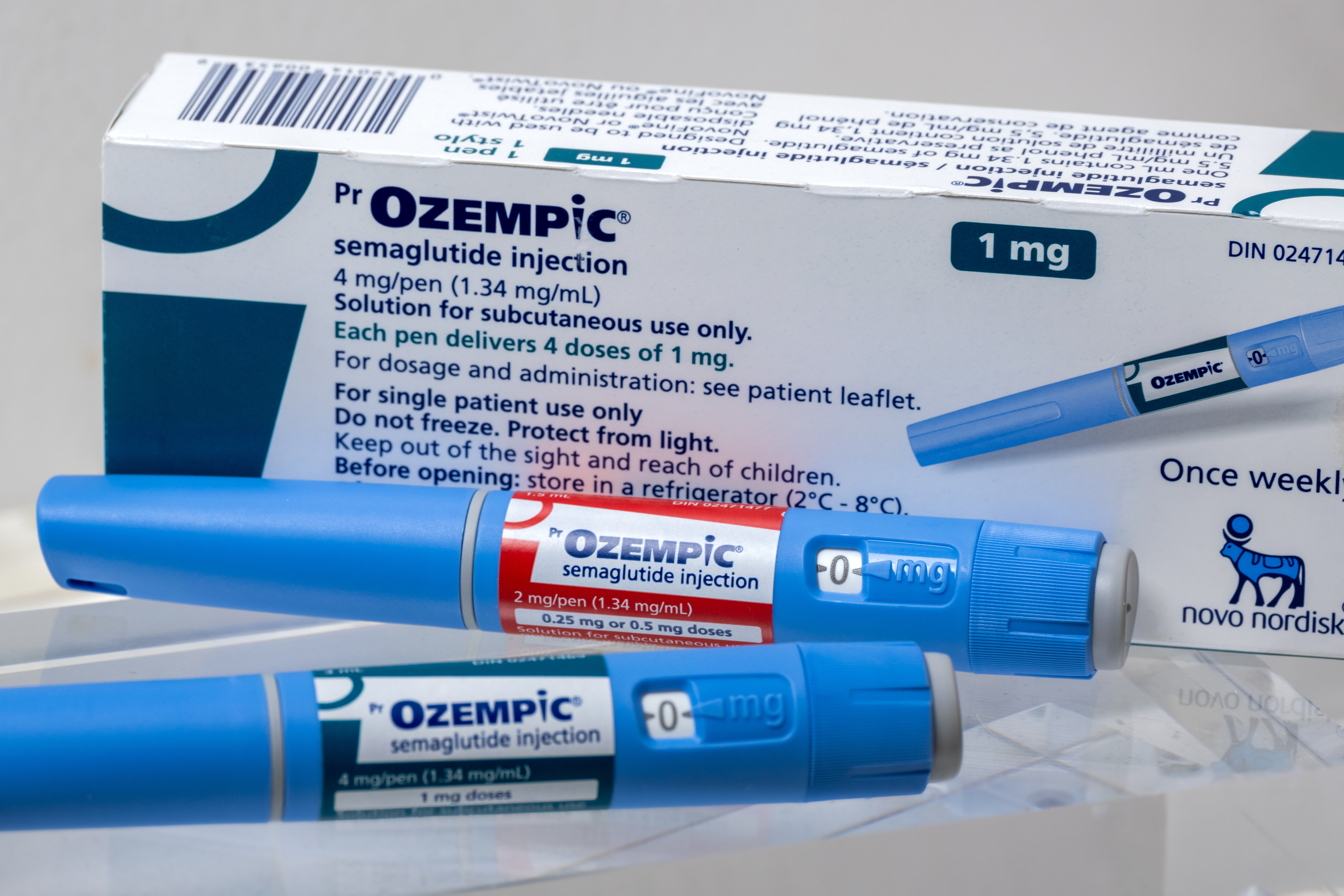Recently, obesity and weight-loss drugs like Ozempic and Wegovy have been a non-stop topic of discussion in the media. These drugs are Glucagon-like peptide 1 receptor agonists (GLP-1RAs), which help reduce blood sugar levels by stimulating insulin to be released from the pancreas. These drugs also slow the digestion process by keeping food in the stomach for a longer period as well as lead to a feeling of fullness for longer, helping people reduce the number of calories that they consume. These medications are relatively new in their clinical use; therefore, all the potential side effects have not been discovered yet. A recent study from Cedars-Sinai Medical Center has documented the risk that these medications can cause for those undergoing endoscopy procedures.
An endoscopy is a medical procedure where a scope is inserted down someone’s throat to visualize the upper or lower digestion tract under anesthesia. A complication of this procedure can be aspiration pneumonia where food or liquid enters the lungs, which can cause swelling, inflammation, and infection. Aspiration pneumonia can lead to severe medical complications, which is why it is recommended to fast before these procedures to lower this risk.
A review of over one million patient reports suggests that weight-loss drugs, like Ozempic, increase the risk of complications, like aspiration pneumonia, following endoscopy.
Image Source: FG Trade
The research team analyzed over one million patient reports of those who underwent an upper or lower endoscopy to characterize procedure outcomes. They found that people who were taking GLP-1RA medications had a 33% higher chance of experiencing aspiration pneumonia compared to those not on these medications. Since GLP-1RA medications slow the passage of food through the digestive system, fasting for a day before the procedure is most likely not enough time to completely empty the digestive tract.
Recently, the American Society of Anesthesiologists recommended stopping GLP-1RAs before endoscopic procedures to reduce the risk of aspiration pneumonia. However, the American Gastroenterology Association countered this statement by stating that there is not enough research-based evidence to support this claim and recommended personal tailoring of these medications before endoscopies. The results of this study can have a large impact on clinical care and medical recommendations that are made as it provides the evidence needed to support the recommendations from the American Society of Anesthesiologists. Ultimately, these studies highlight the importance of continued monitoring of new drug/medication treatments to determine their safety in the general population.
Featured Image Source: mbruxelle










